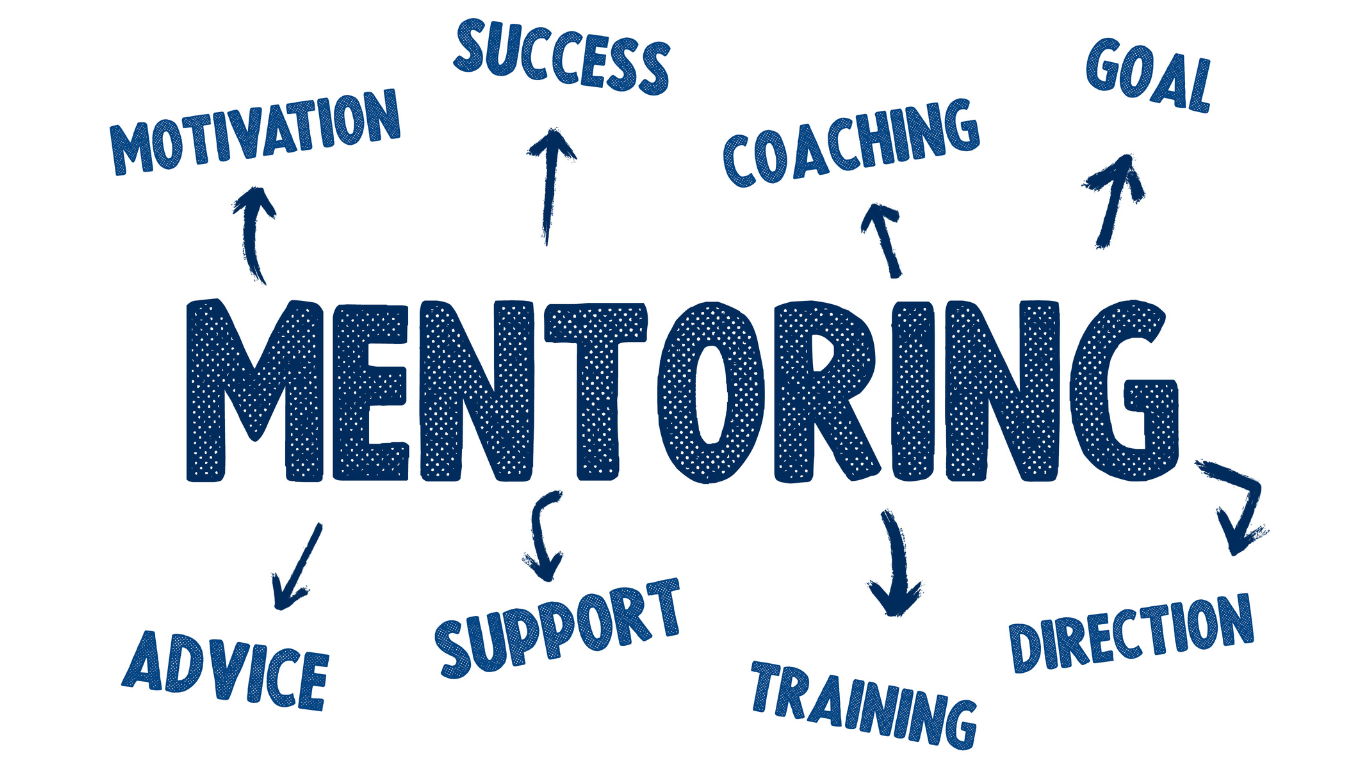Who do you look up to? Whose social posts do you always engage with...

3 Keys To Getting The Most Out Of Mentorship
Today, we’re diving into mentorship.
“If I have seen further, it is by standing on the shoulders of giants.” – Isaac Newton
You don’t need just one mentor – you need many, all at once.
Ask yourself: Who do you look up to? Whose social posts do you always engage with because they’re insightful and resonate with you? Reach out to that person and say, “I’d love to have your insight on X issue. If you can carve out 15-20 minutes of your time for me, I’d love to pick your brain about it.”
Early in my career, I read countless articles on how to ask for a mentor, but they often made it too complicated. Just ask for help with a specific issue, and the mentorship will develop naturally – no official agreement needed.
“Do what you do best and outsource the rest.” – Peter Drucker
If you’ve ever worked with or for me, you’ve heard me say this often enough that it’s likely eyeroll inducing. As an exercise, I encourage you to pause and write down three things you excel at and three things you don’t.
If you already know your weaknesses, this is a great topic to discuss with a new mentor. Ask them for specific strategies to address your blind spots, and if you’re in a leadership role, consider delegating these tasks. Their guidance can help you develop targeted action steps to overcome challenges and become a more effective professional.
And if you still feel like it’s a weakness? There is power in realizing it’s okay not to be the best at everything. Recognize who is the best at that weakness and ask for their help if you’re a colleague. If you’re in a position to, delegate that task, so that you can focus on the things you excel at.
If you’re unsure what your weaknesses are (and trust me, I get it – my husband thinks I’m flawless!), this is another great question for a mentor. Ask someone who has worked with you long enough to help define your biggest opportunities for growth. Resist the urge to get defensive and embrace their feedback as an opportunity for improvement. A good mentor will see strengths and weaknesses that you might not recognize in yourself.
“The best leaders are lifelong learners.” – John Wooden
Your mentors don’t always have to be people you know or are matched with in a program. I’ve taken away valuable perspectives from many a sales, marketing or general business book. I consider myself a lifelong learner, and I encourage anyone starting in business to do the same.
RELATED: Book Club: The Art Of War In Business
Your industry may be unique, but it’s not that unique, and by that, I mean – there are plenty of other people in other industries facing the same challenges you are that have overcome them and thrived. While I wouldn’t call books my mentors, I would certainly say they’ve provided mentorship, as have conferences, educational events and meet-ups with colleagues in similar positions as myself in the industry.
From Phrases To Actions
The key to a successful mentorship is not just asking the right questions but acting on the answers.
The above quotes are three of the phrases that have stuck with me throughout my career, helping me navigate new challenges and opportunities. Start seeking out mentors and applying these questions today. You’ll be amazed at how your mentors and mentorship can transform your trajectory.
And if you ever feel too “busy” to take that first step, remember that being busy shouldn’t be a badge of honor or an excuse. Prioritizing mentorship and learning will ultimately help you gain more control over your time and career.
Original Article by Brittany Frase: VP of Sales, HIRSCH
Unedited version:
https://www.ppai.org/media-hub/brittany-frase-3-keys-to-getting-the-most-out-of-mentorship/


